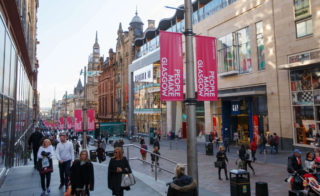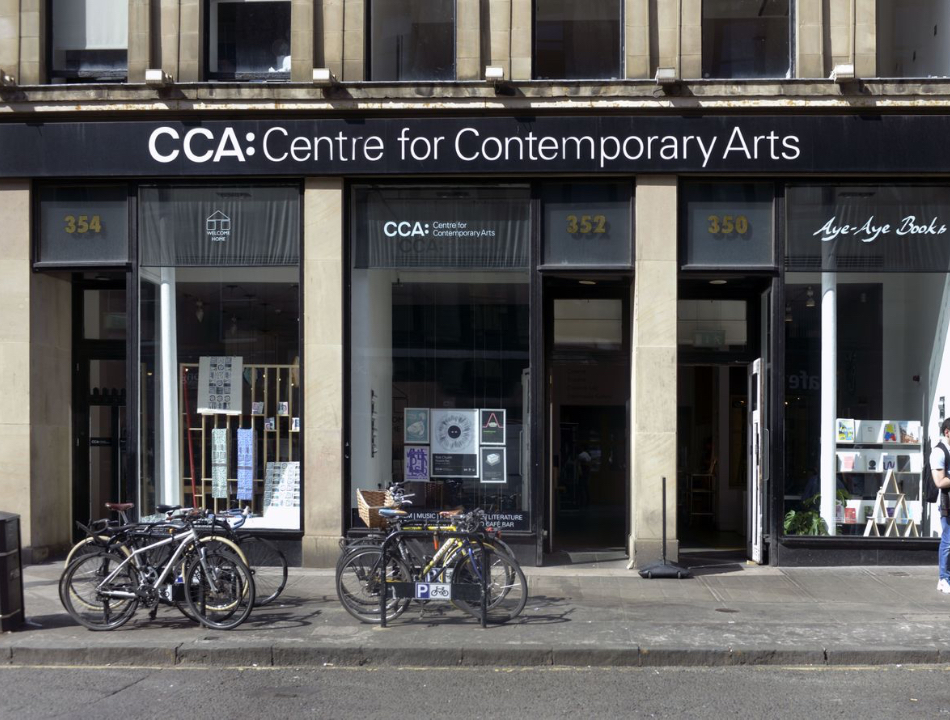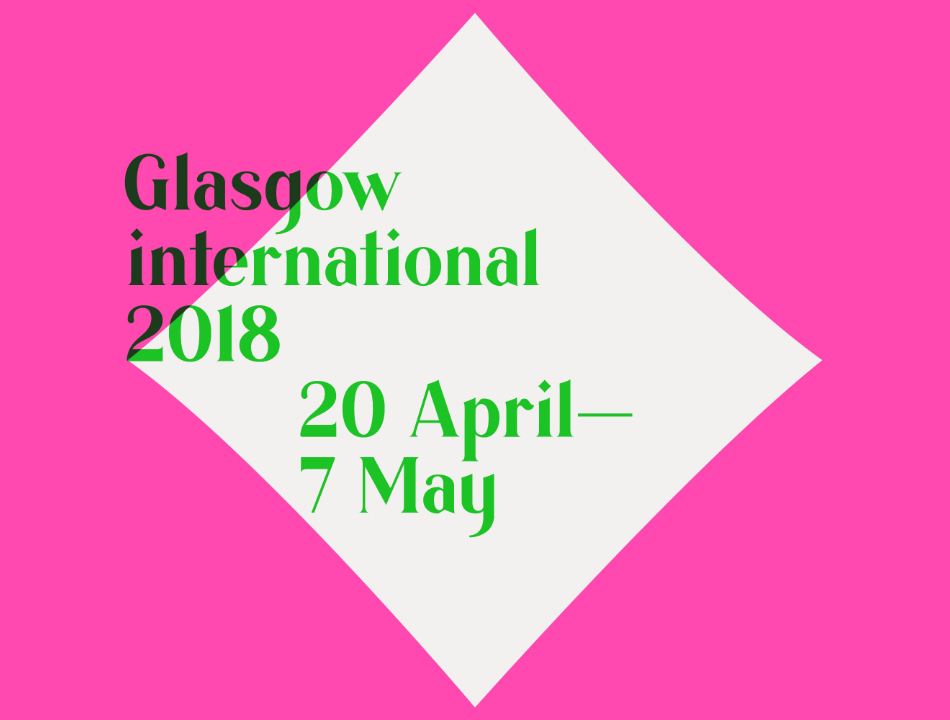Who decides the identity of a city, and where do they draw their legitimacy to do so?
“The event examined the wide-ranging implications of city branding and how it represents and effects the lives of those who live and work under it’s banner.”
Earlier this week we were invited to participate in ‘Brand Glasgow’, a panel discussion at the Centre for Contemporary Arts in Glasgow. The event examined the wide-ranging implications of city branding and how it represents and affects the lives of those who live and work under its banner.
The ‘Brand Glasgow’ event was part of the Glasgow International arts festival programme, and was conceived and chaired by conceptual artist Elizabeth Hudson. We were invited to participate alongside Susan Deighan, Head of City Marketing at Glasgow Life, and Dr Massimo Giovanardi, Lecturer at University of Leicester and editor of the book ‘Inclusive Place Branding: Critical Perspectives on Theory and Practice’.
Tangent helped to create the ‘People Make Glasgow’ campaign over four years ago, and it has been fascinating to see how the brand has been adapted and repurposed over the years by the people of the city.
Widely regarded as the world’s first crowd-sourced city brand, People Make Glasgow was warmly received by the people of the city and and has gone on to be repurposed and parodied by it’s residents – promoting campaign groups, street demonstrations, art projects and a myriad of other ventures connected to the city.
The panel discussion raised interesting questions about how branding programmes can best serve residents, the tension between the needs of residents and tourism, how people can fully participate in the conversation about their home city, and how to best represent all the different groups that come together to form the concept of the city-space.
Thanks to Elizabeth Hudson for inviting us along to a really insightful and thought-provoking event.


